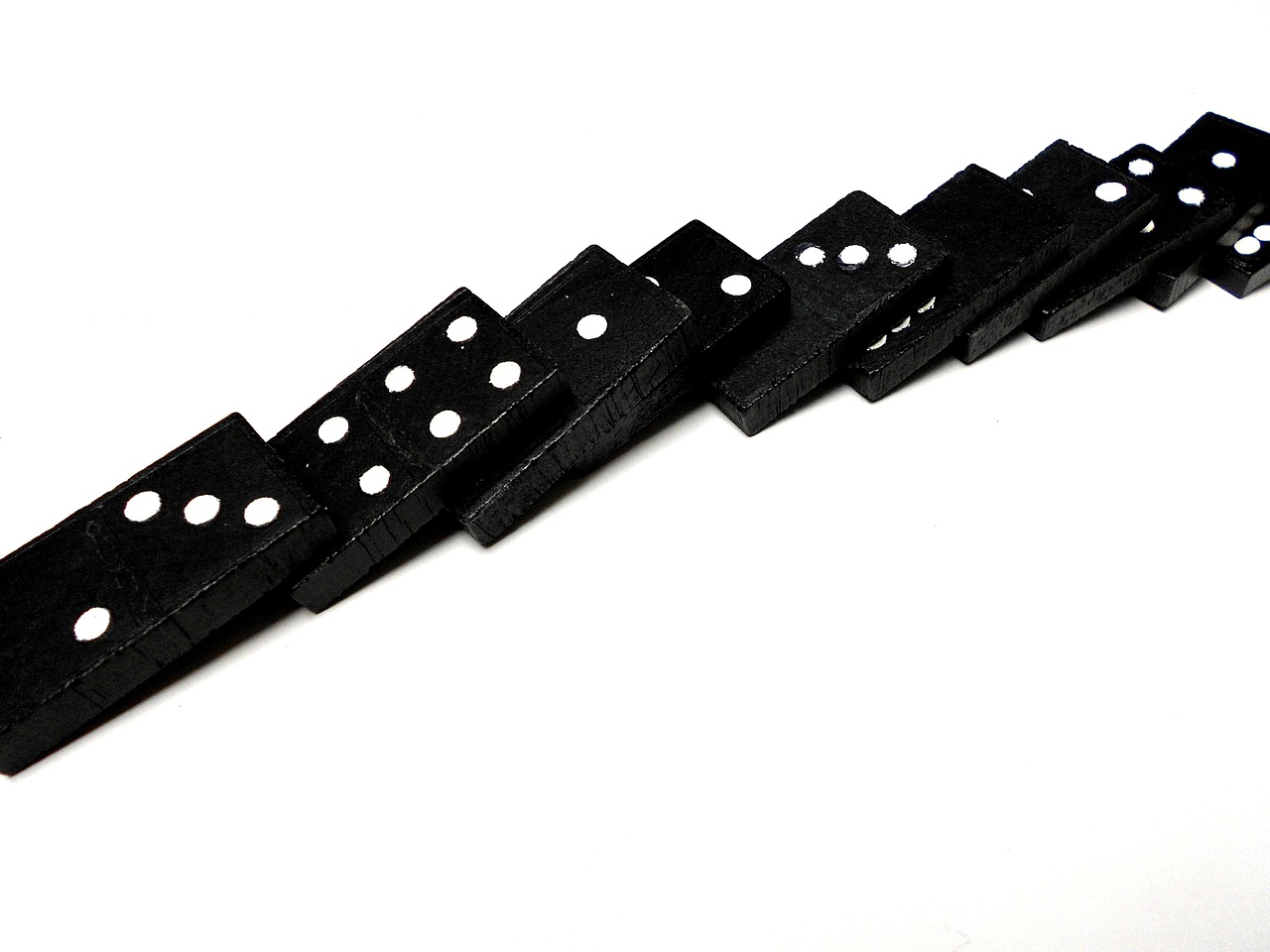Yesterday, we watched the woman walk down the path of deception. Her deception led to a choice, to disobedience. And the cost of disobedience was death.
And the LORD God commanded the man, saying, “You may surely eat of every tree of the garden, but of the tree of the knowledge of good and evil you shall not eat, for in the day that you eat of it you shall surely die.”
Death or … Death?
“In the day that you eat of it, you shall surely die,” he said. But, they didn’t die that day. They lived. For decades. Obviously, they began to die. Their bodies were susceptible to sickness and pain, and they began their (slow) march toward a return to dust. But God said, “In the day you eat of it,” they would die. So did God lie?
No. Of course not.
And the rest of the Bible makes clear that the immediate death they experienced was a spiritual death. They were separated from God, from relationship with him. Distanced from the source of their life, they died in their spirits, their hearts and minds and the image of God in them now distorted and tainted. And because of their separation, God lays out for them (in vs. 14-19) the curse, the consequences of their choice.
But if we look closer, we can also see that this spiritual death resulted in other, more immediate death. Beginning in Genesis 3:7, the cost of disobedience was a domino-effect of change which amount to little deaths, the end to the very-good existence they had with God and the beginning of the new reality without him.
The Death of Innocence
Verse 7 – Then the eyes of both were opened, and they knew that they were naked.
Innocence is knowing what is appropriate for you to know and no more. All at once, “their eyes were opened.” God hadn’t told them they were naked (v. 11) because they belonged so fully to each other that there was nothing to hide. Now, though, they were aware of themselves as if standing on the outside, observing. They no longer existed in perfect harmony with each other or their environment. They knew what they hadn’t known before (that they were naked), and the loss of their innocence was the first domino.
The Death of Intimacy
Verse 7b – And they sewed fig leaves together and made themselves loincloths.
Until that moment, they had fit together perfectly. They had an unending intimacy. They had no need of clothes because they had nothing to hide from each other or from God. But the loss of innocence meant they were no longer able to stand so openly before the other. They hid first from each other, trying to make for themselves a cover that, before this moment, they had never needed. The fear and shame and sadness must have only swelled as they sewed leaves together (not a quick job, I’m sure) until they had something, ineffective but more than nothing, to shield themselves from the other’s eyes.
The Death of Trust
Verse 8 – And they heard the sound of the LORD God walking in the garden in the cool of the day, and the man and his wife hid themselves from the presence of the LORD God among the trees of the garden.
But they also believed they could no longer stand openly before God. They did not trust his goodness or his presence. Suddenly he felt like a threat. So, even with loincloths in place, they hid when God himself came looking for them. They still hid together from God, but only because they were now on “this side” of the chasm their choice had created and God was on the other side.
The Death of Companionship
Verses 9-13 – But the LORD God called to the man and said to him, “Where are you?” 10 And he said, “I heard the sound of you in the garden, and I was afraid, because I was naked, and I hid myself.” 11 He said, “Who told you that you were naked? Have you eaten of the tree of which I commanded you not to eat?” 12 The man said, “The woman whom you gave to be with me, she gave me fruit of the tree, and I ate.”
The man and the woman, thus far, had still functioned as a team, but now, even that changes. When God presses them, when he presents them with the truth, they turn on each other. “Have you eaten of the tree?” God asks. And the man blames the woman. There is no more “us.” There is now “me and her.” The unity and companionship of however long they had lived in the garden evaporates at the first hint of pressure.



